6 Best Natural Homemade Mouthwashes
You can ditch the bottled stuff for good once you master these DIY recipes for good breath.
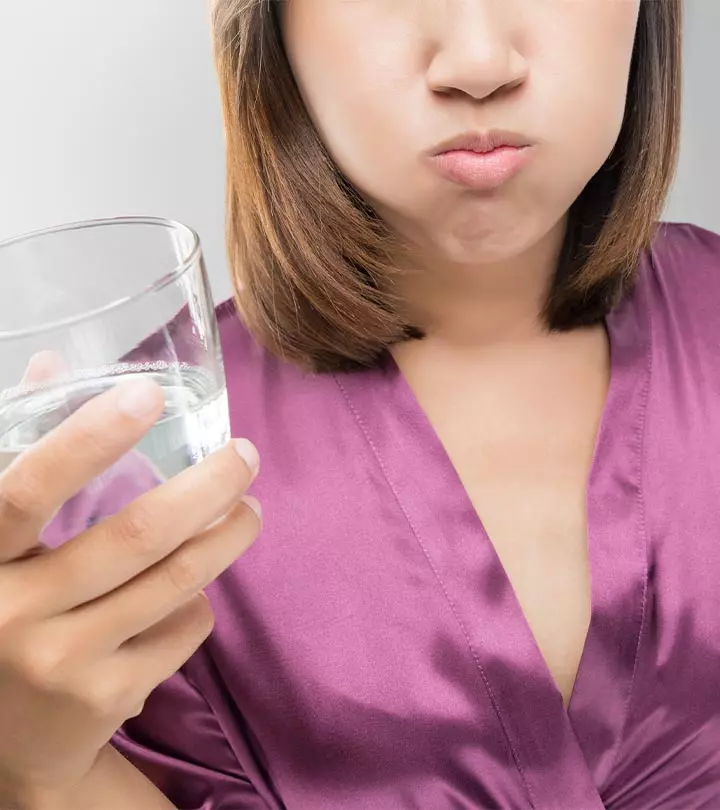
Image: Shutterstock
Mouthwashes are an inseparable part of oral hygiene. However, store-bought mouthwashes may not suit all as they often have a strong taste and odor. This is where these easy homemade remedies as mouthwashes come into play.
DIY natural mouthwashes are as effective in eliminating meal odor as store-bought ones. Moreover, they are cost-effective, chemical-free, may not sting, and help maintain oral hygiene. It is easy to prepare mouthwashes at home. If you frequently use mouthwashes, switching to a natural product is best. Read on to learn how to prepare natural mouthwashes at home and how they may work.
In This Article
The Purpose Of A Mouthwash
The main purpose of a mouthwash is to promote oral health. Many people are still unaware of the various benefits associated with using a mouthwash regularly.
The benefits of including a mouthwash in your oral hygiene regimen are (1):
- Makes other oral regimens like flossing and brushing more effective
- Decreases oral cavities
- Strengthens your teeth and gums (in the presence of fluoride)
- Freshens your breath
- Prevents plaque build-up
- Loosens any debris inside your mouth (when used before brushing)
- Helps treat mouth sores
 Trivia
TriviaNow that you are aware of the uses of mouthwashes, let us look at how they work.
Key Takeaways
- DIY natural mouthwashes are cost-effective and chemical-free alternatives to store-bought mouthwashes.
- Mouthwash makes flossing and brushing more effective, decreases oral cavities, strengthens teeth and gums, freshens breath, and prevents plaque build-up.
- You can use coconut oil, baking soda, salt, aloe vera juice, and essential oils to make natural mouthwash at home.
- However, consult a dental care professional before switching to homemade mouthwashes to be on the safer side.
How Effectively Do Mouthwashes Work?
This graph shows the frequency of reasons for mouthwash use. The three most often cited reasons for mouthwash use were to maintain good oral hygiene (51.9 %), improve breath (45.5%), and lessen foul breath (42.1 %). However, less than 20% reported using mouthwash because of health professionals’ recommendations.

Frequency Of Reported Reasons For Mouthwash Use
Source: Over-the-counter mouthwash use, nitric oxide and hypertension riskOral rinses are an integral part of your oral hygiene. They contain a variety of ingredients, such as fluoride and cetylpyridinium chloride (CPC), that help battle the bad bacteria in the mouth (2).
Other common ingredients used in mouthwashes include povidone-iodine, chlorhexidine, and essential oils. These compounds help reduce plaque build-up and also fight oral germs (3).
Studies also state that adding an oral rinse to your oral hygiene regimen can treat plaque and gingivitis more effectively as compared to brushing alone (4).
While you can get hold of a variety of refreshing mouthwashes in the market, you can also make one at home. Continue to the next section to learn how to get rid of bad breath and improve oral hygiene with some simple yet effective homemade mouthwash recipes.
Recipes For Homemade Mouthwashes
Best Homemade Mouthwashes
1. Baking Soda
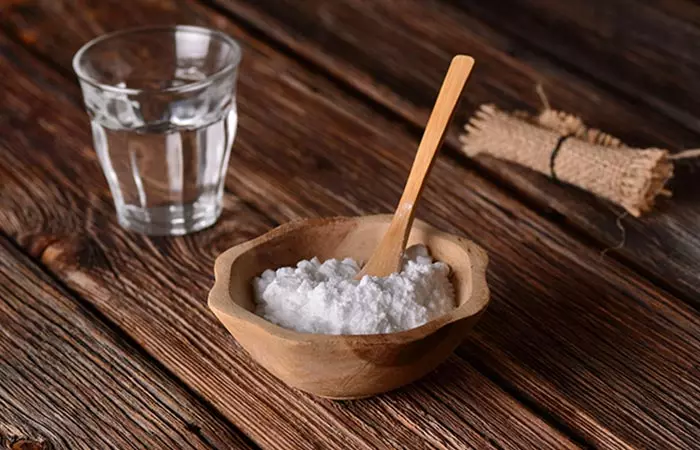
You Will Need
- ½ teaspoon of baking soda or sodium bicarbonate
- ½ glass of warm water
What You Have To Do
- Add half a teaspoon of table salt to half a glass of warm water.
- Mix well and rinse your mouth after or before brushing your teeth.
How Often You Should Do This
You can do this 3-4 times daily.
Why This Works
Using baking soda for bad breath and eliminating oral bacteria is a popular remedy. Its alkaline nature can increase salivary pH (5). This can help neutralize the acids produced by oral bacteria upon consumption of soda drinks and caffeine.
2. Coconut Oil
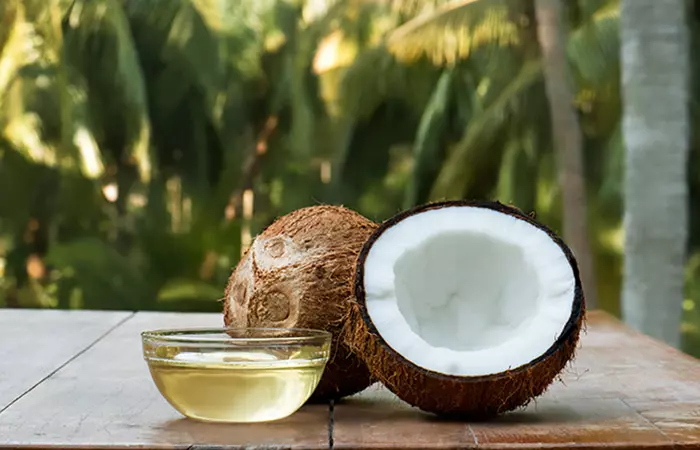
You Will Need
1 tablespoon of virgin coconut oil
What You Have To Do
- Swish a tablespoon of virgin coconut oil in your mouth for 10-15 minutes.
- Spit the oil and go about your oral care routine.
How Often You Should Do This
You must do this once daily, prior to brushing your teeth.
Why This Works
Oil pulling with coconut oil is not only good for your oral hygiene but is also a great way to detoxify your body. It can help in decreasing plaque formation as well as gingivitisi A condition characterized by inflammation of the gums that is commonly caused as a result of poor oral hygiene. that occur as a result of bacterial plaque buildup on the gingival margins.” ] gingivitis (6).
3. Salt
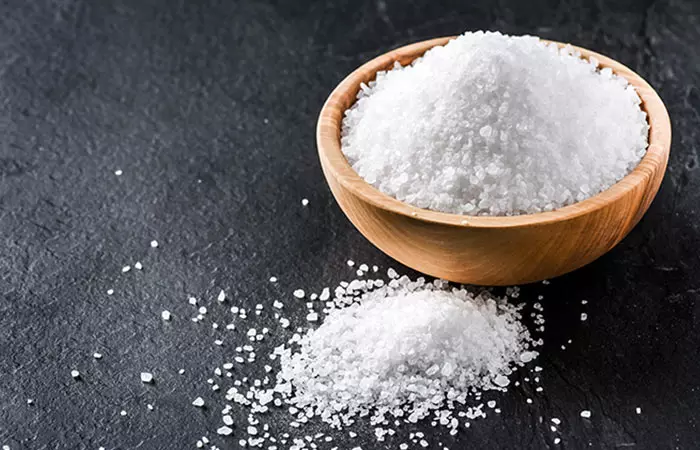
You Will Need
- ½ teaspoon of table salt
- ½ glass of warm water
What You Have To Do
- Add half a teaspoon of table salt to half a glass of warm water.
- Mix well and rinse your mouth using the mixture.
How Often You Should Do This
You can do this 2-3 times daily, following a meal.
Why This Works
Rinsing your mouth with salt water is almost as effective as any other over-the-counter mouthwashes that contain compounds like chlorhexidine. It can help in reducing dental plaque as well as the oral microbial count (7).
 Quick Tip
Quick Tip4. Aloe Vera Juice
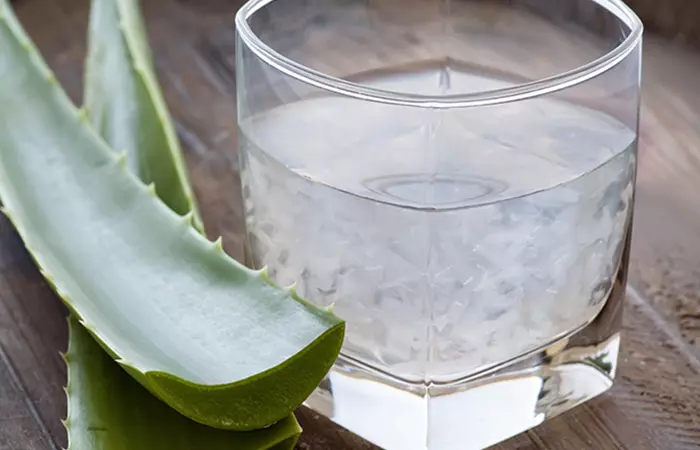
You Will Need
- ½ cup of aloe vera juice
- ½ cup of distilled water
- ½ teaspoon of baking soda
What You Have To Do
- Mix half a cup of aloe vera juice with half a cup of distilled water.
- Rinse your mouth using this mixture after brushing your teeth.
How Often You Should Do This
You can do this 3-4 times daily.
Why This Works
Aloe vera mouth rinses can be effective in reducing periodontali Anything related to the bones and gums that surround one's teeth and give them the necessary support and strength. indices. They can also help reduce gingival bleeding and plaque (8).
5. Hydrogen Peroxide
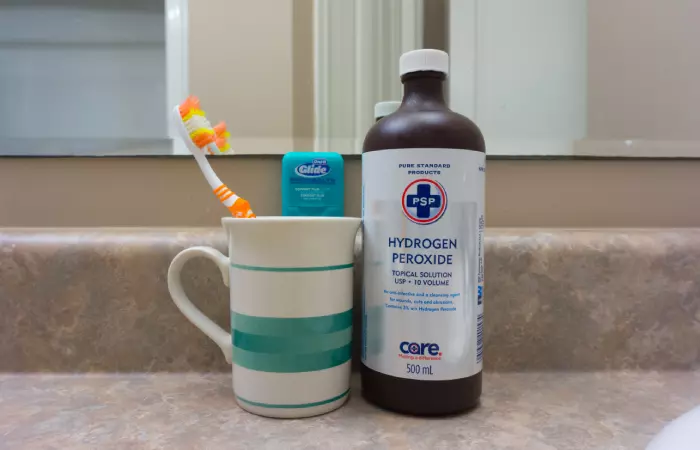
You Will Need
- ½ cup of 3% hydrogen peroxide solution (available at drugstores)
- ½ cup of water
What You Have To Do
- Mix equal parts of hydrogen peroxide and water in a container.
- After brushing your teeth, use this solution to gargle your mouth for 30 seconds to a minute and spit it out. Be careful not to swallow.
- Rinse your mouth thoroughly with water.
Note:
Do not use hydrogen peroxide solutions stronger than 3% concentrations as they can cause irritation in oral tissues. Do not overuse the solution.
How Often You Should Do This
Once a day.
Why This Works
Hydrogen peroxide mouthwash has been used as household dental rinses for years. It has antimicrobial properties that accelerate wound healing. Moreover, its prolonged use is also associated with reduced dental plaque and lowered incidence of gingivitis (9).
6. Essential Oils
a. Peppermint Oil
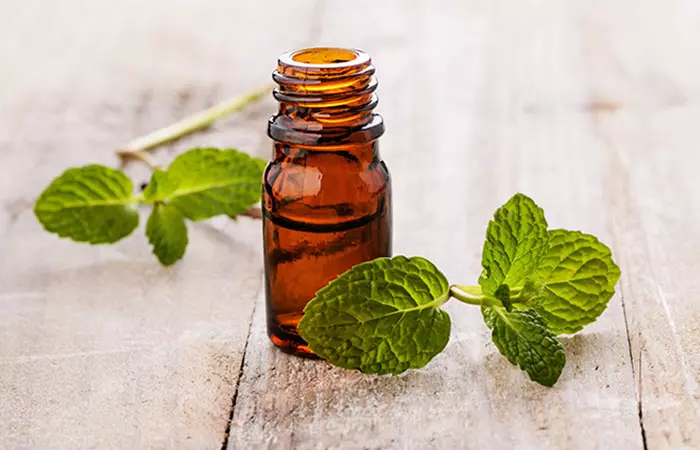
You Will Need
- 2-3 drops of peppermint essential oil
- 1 cup of distilled water
What You Have To Do
- Add two to three drops of peppermint oil to a cup of distilled water.
- Mix well and use this solution to rinse your mouth.
How Often You Should Do This
You may do this 2-3 times daily, preferably after every meal.
A blogger shared their personal experience of gargling with black vinegar as a natural mouthwash. The blogger writes, “I used to wash my mouth with some aromatic oil, but after doing a vinegar mouthwash, I prefer the latter. It is great to find out more about what vinegar is capable of in my everyday life (i).”
Why This Works
Peppermint oil mouthwashes are especially effective in combating halitosisi A condition characterized by bad breath that is caused due to poor oral hygiene, where the tongue's surface captures bacteria. (bad breath) (10).
b. Cinnamon Oil
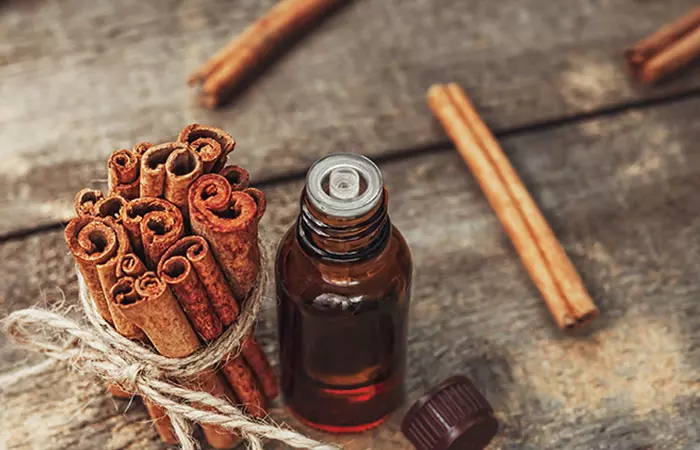
You Will Need
- 2-3 drops of cinnamon essential oil
- 1 cup of distilled water
What You Have To Do
- Add two to three drops of cinnamon essential oil to a cup of distilled water.
- Mix well.
- Use this mixture to rinse your mouth.
How Often You Should Do This
You may do this multiple times daily.
Why This Works
Cinnamon oil is antibacterial and is effective in the treatment of dental caries caused by oral bacteria (11)
c. Tea Tree Oil
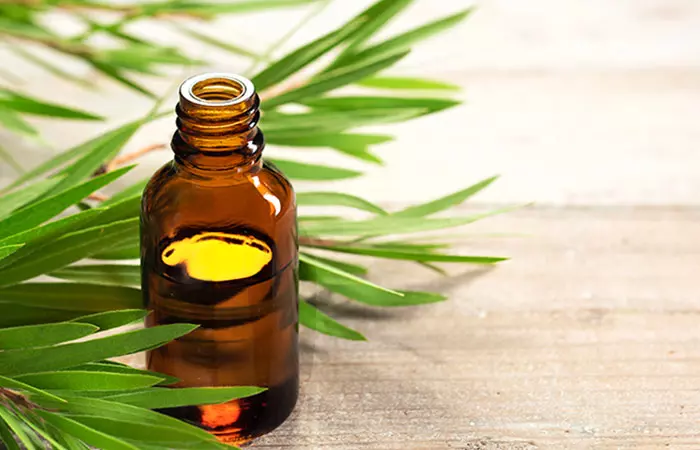
You Will Need
- 1-2 drops of tea tree oil
- ½ cup of distilled water
What You Have To Do
- Add one to two drops of tea tree oil to half a cup of distilled water.
- Mix well and use the mixture to rinse your mouth.
How Often You Should Do This
You may do this 2-3 times daily, preferably after every meal.
Why This Works
Tea tree oil has anti-inflammatory and antibacterial properties, making it a potent non-toxic ingredient for gingivitis management (12).
These homemade mouthwashes may be better than store-bought ones, however, you still need to be careful using them. There are some precautions you learn about while using these natural mouthwashes. Learn more below!
Cautions When Using Homemade Mouthwash
- Avoid swallowing: It is for rinsing only, not for drinking.
- Check ingredients: Make sure all ingredients, like hydrogen peroxide and essential oils, are properly diluted.
- Don’t overuse: Too much salt or baking soda might irritate your gums.
- Test for allergies: Some people might react to coconut oil or essential oils, so try a small amount first.
- Store properly: Keep your mouthwash in a clean bottle and use fresh batches.
Infographic: 3 Effective Homemade Mouthwashes To Boost Your Oral Health
Tired of commercial mouthwashes that contain harsh or artificial ingredients? Here are a few natural and cost-effective alternatives that will leave your mouth feeling fresh and revitalized. The infographic below explores three highly effective homemade mouthwashes that are natural, budget-friendly, and promote oral health. Check it out!

Illustration: StyleCraze Design Team
Mouthwashes offer great oral hygiene and prevent the formation of plaques or cavities. They have a minty flavor and offer a wave of fresh breath. A homemade herbal mouthwash is the best alternative to many branded mouthwash varieties. They are chemical-free and easy to prepare. You can prepare mouthwashes at home with baking soda, coconut oil, salt, aloe vera juice, and essential oils. The anti-bacterial and antimicrobial properties of these natural ingredients can kill the bacteria that cause bad breath and cavities. Prepare mouthwashes with easily available ingredients from the comfort of your home and enjoy their benefits.
Frequently Asked Questions
Is vinegar good for mouthwash?
White vinegar and apple cider vinegar are mildly acidic, which may deter the growth of the bacteria in the mouth. However, the same acidity may damage tooth enamel and hence it is advisable to dilute it before using it as a mouthwash.
Can baking soda damage your teeth?
Baking soda is abrasive in nature and may damage teeth if used aggressively or frequently. However, as a mouthrinse, it may be safe for use.
Is it OK to rinse your mouth with toothpaste?
No. In fact, make sure to spit out any extra toothpaste after brushing your teeth. However, it’s best not to rinse your mouth right away because it could diminish the benefits of the fluoride in the toothpaste. Delayed rinsing allows the fluoride to concentrate and work effectively to prevent cavities.
How can I store and preserve homemade mouthwash to ensure its freshness and effectiveness?
Store the handmade mouthwash in a dark place or in the fridge and use it within 2 to 3 weeks. Shake it up before each use to make sure all the ingredients are mixed well.
Can homemade mouthwash be customized based on individual needs or preferences, such as vegan or gluten-free options?
Yes! When making your own mouthwash, you can customize it to meet your specific needs or dietary preferences. Natural ingredients like aloe vera juice, baking soda, and essential oils are often used in homemade mouthwash recipes and they’re typically vegan and gluten-free.
What natural mouthwash kills bacteria?
Essential oils like peppermint, tea tree, and clove have antimicrobial properties that can kill bacteria and freshen your breath.
How can I clean my mouth without mouthwash?
Chewing sugar-free gum helps balance the pH levels in your mouth and reduces bacteria growth. You can also use a cloth or paper towel to wipe your teeth and gums to easily remove food particles and bacteria from your mouth.
Illustration: Best Natural Homemade Mouthwashes - DIY Recipes
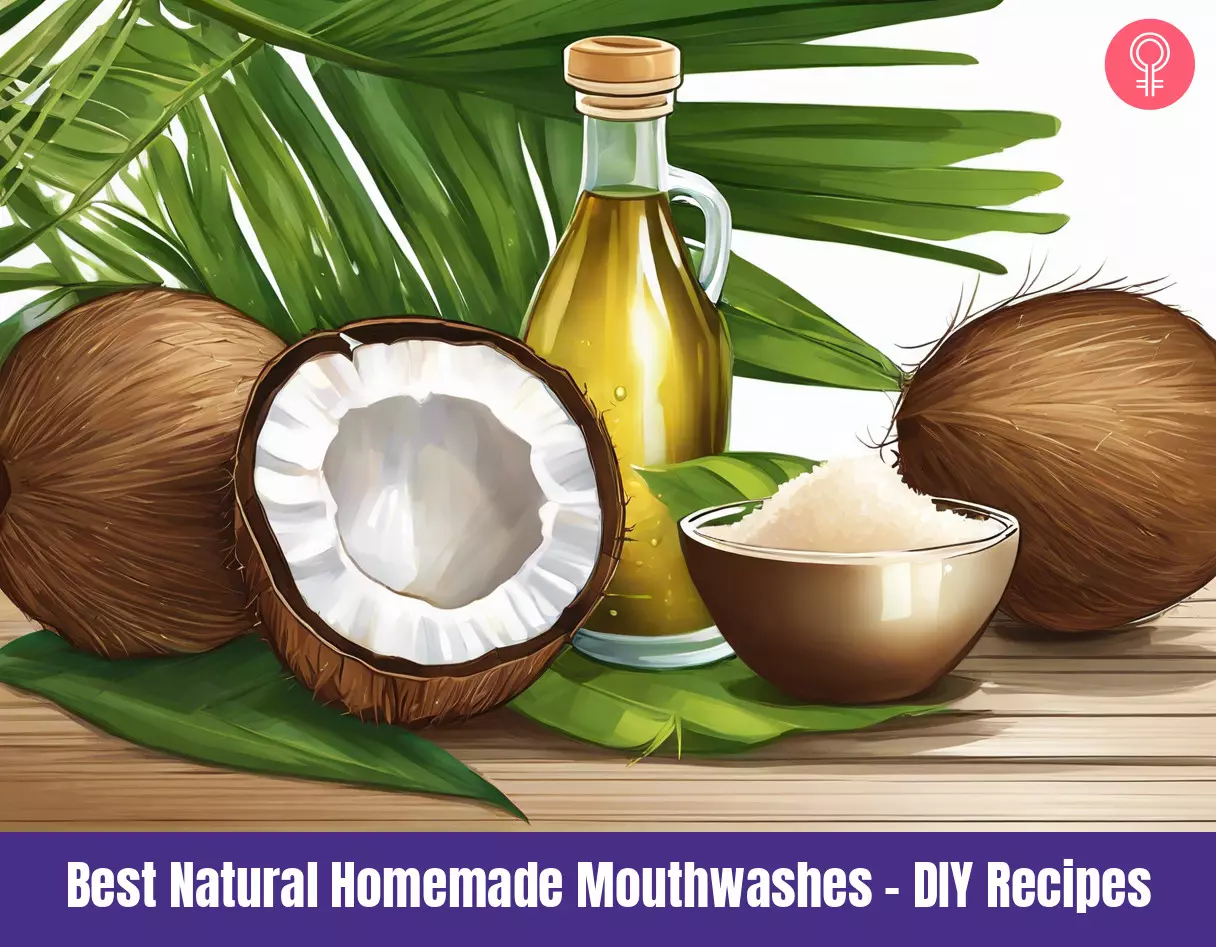
Image: Stable Diffusion/StyleCraze Design Team
Did you find this post helpful? Which mouthwash are you going to try? Share your feedback and experience with us in the comments box below.
Learn how to make your own homemade mouthwash. Watch this video to follow the quick and easy steps to freshen your breath and keep your mouth healthy.
Personal Experience: Source
StyleCraze's articles are interwoven with authentic personal narratives that provide depth and resonance to our content. Below are the sources of the personal accounts referenced in this article.
(i) Have You Tried a Vinegar Mouthwash?https://blackvinegar.wordpress.com/2015/11/26/haveyou-tried-a-vinegar-mouthwash/
References
Articles on StyleCraze are backed by verified information from peer-reviewed and academic research papers, reputed organizations, research institutions, and medical associations to ensure accuracy and relevance. Read our editorial policy to learn more.
- “Mouthwashes: Rationale for use” American journal of dentistry, US National Library of Medicine.
- “Efficacy of CPC and essential oils mouthwashes compared to a negative control mouthwash in controlling established dental plaque and gingivitis: A 6-week, randomized clinical trial.” American journal of dentistry, US National Library of Medicine.
- “The effect of povidone-iodine and chlorhexidine mouth rinses on plaque Streptococcus mutans count in 6- to 12-year-old school children: an in vivo study.” Journal of the Indian Society of Pedodontics and Preventive Dentistry, US National Library of Medicine.
- “The Clinical Effectiveness of Post-Brushing Rinsing in Reducing Plaque and Gingivitis: A Systematic Review” Journal of Clinical and Diagnostic Research, US National Library of Medicine.
- “The effect of sodium bicarbonate oral rinse on salivary pH and oral microflora: A prospective cohort study” National Journal of Maxillofacial Surgery, US National Library of Medicine.
- “Effect of coconut oil in plaque related gingivitis — A preliminary report” Nigerian Medical Journal, US National Library of Medicine.
- “Comparative evaluation of salt water rinse with chlorhexidine against oral microbes: A school-based randomized controlled trial.” Journal of Indian Society of Pedodontics and Preventive Dentistry, US National Library of Medicine.
- “Effect of Aloe vera mouthwash on periodontal health: triple blind randomized control trial” Oral Health and Dental Management, US National Library of Medicine.
- “Hydrogen peroxide: a review of its use in dentistry”, Journal of Periodontology, US National Library of Medicine.
- “Evaluation of the use of a peppermint mouth rinse for halitosis by girls studying in Tehran high schools” Journal Of International Society of Preventive & Community Dentistry, US National Library of Medicine.
- “Comparative study of cinnamon oil and clove oil on some oral microbiota.” Acta BioMedica, US National Library of Medicine.
- “A comparative study of antibacterial and anti-inflammatory effects of mouthrinse containing tea tree oil” Oral & Implantology, US National Library of Medicine.
Read full bio of Dr. Thomas Connelly
Read full bio of Shaheen Naser
Read full bio of Arshiya Syeda
Read full bio of Dipti Sharma





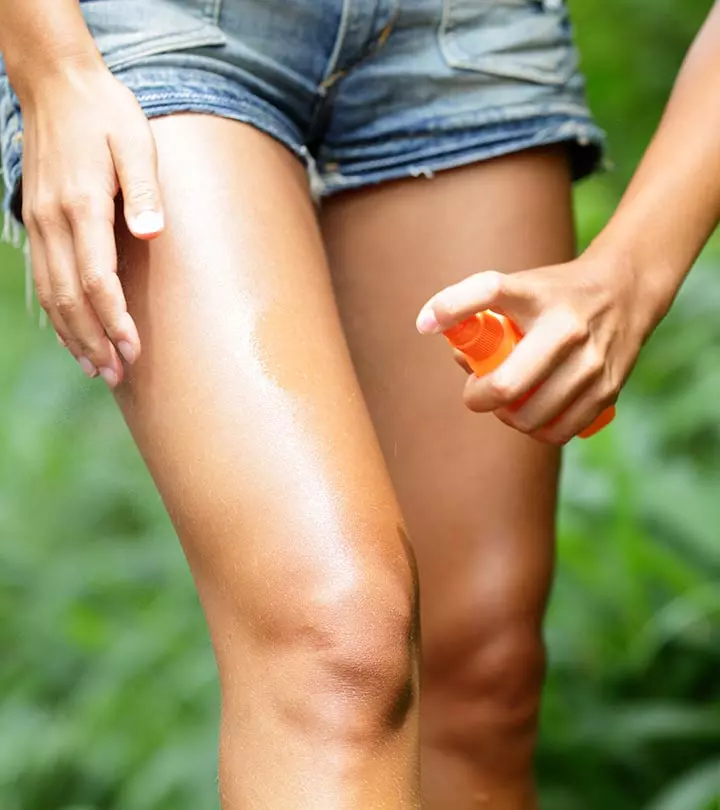
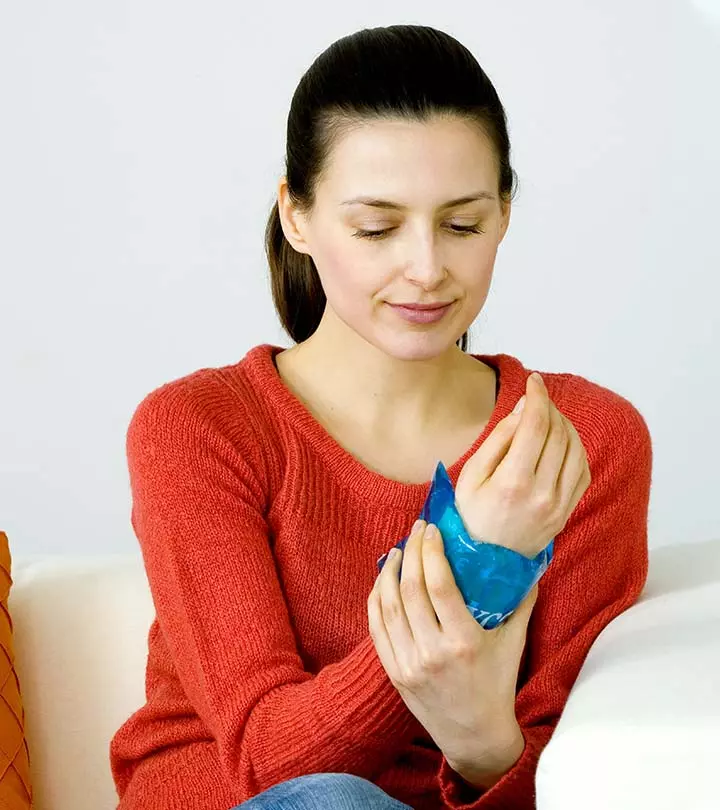

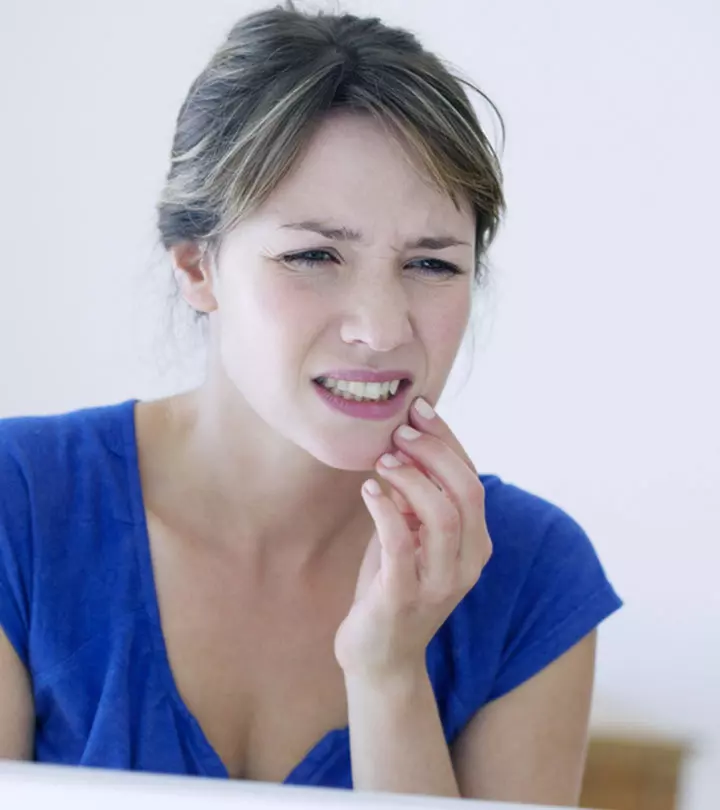

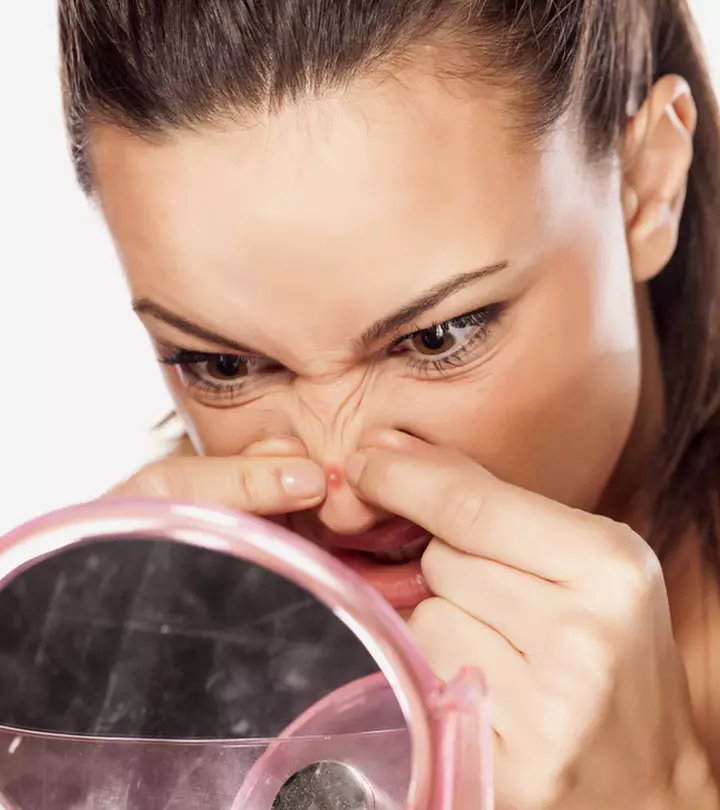
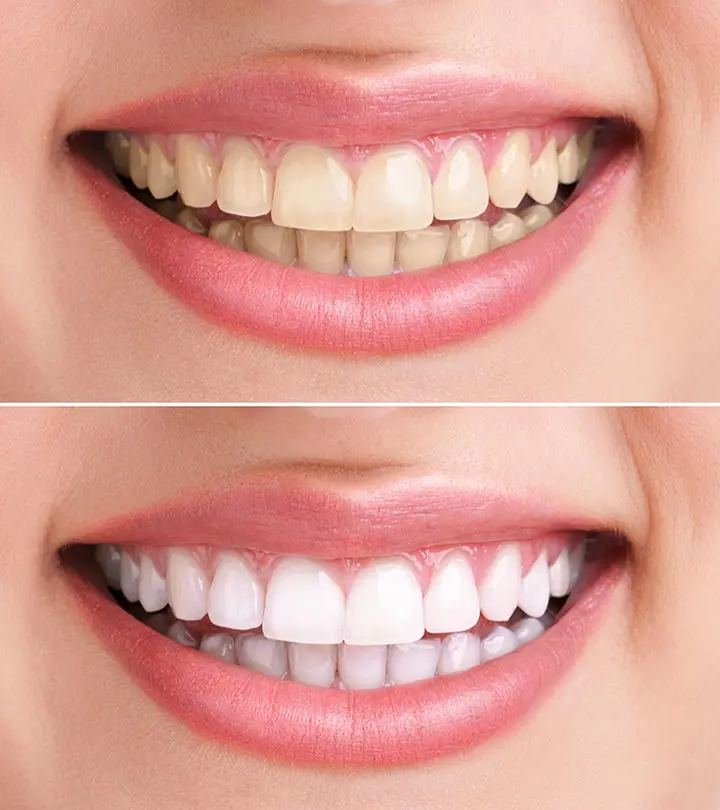
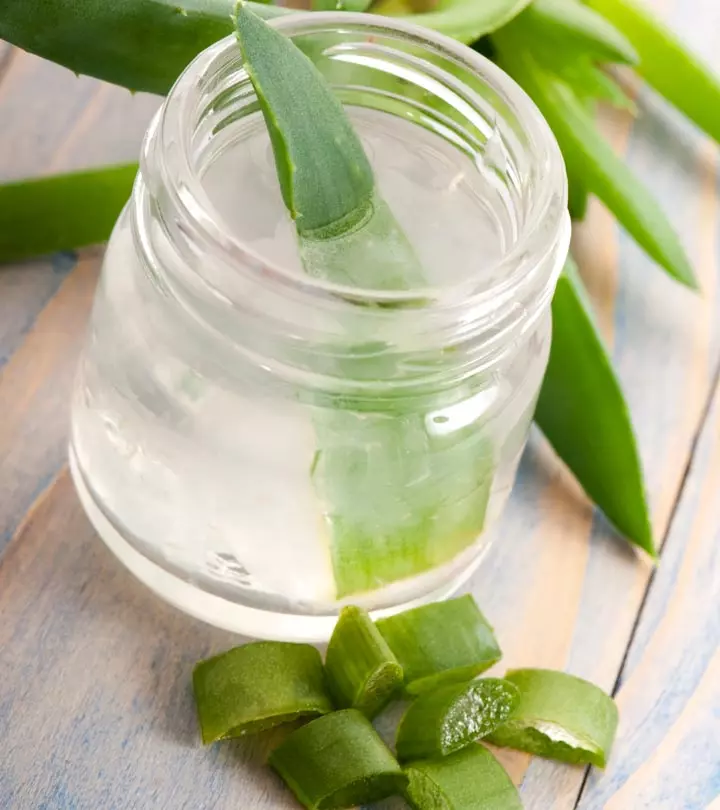
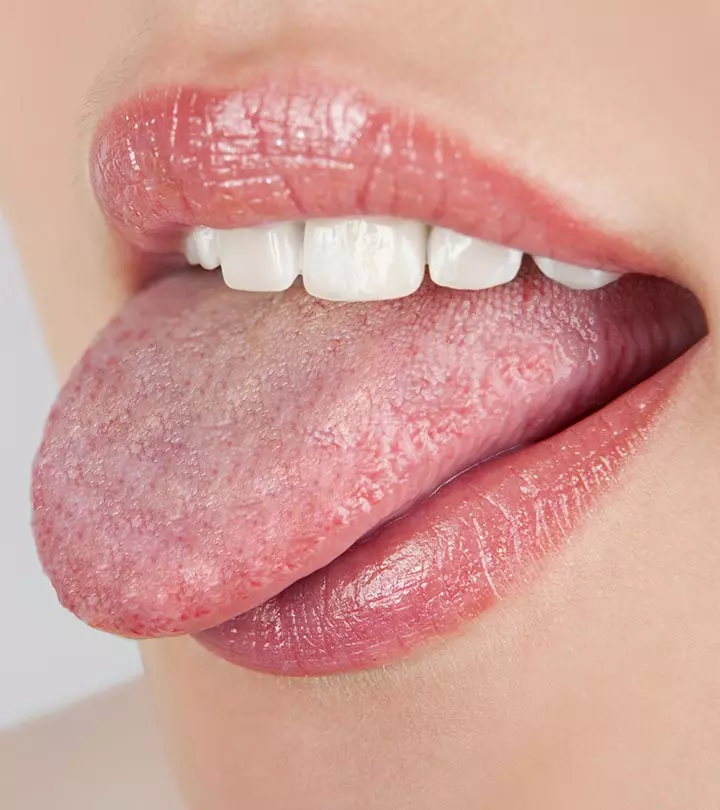
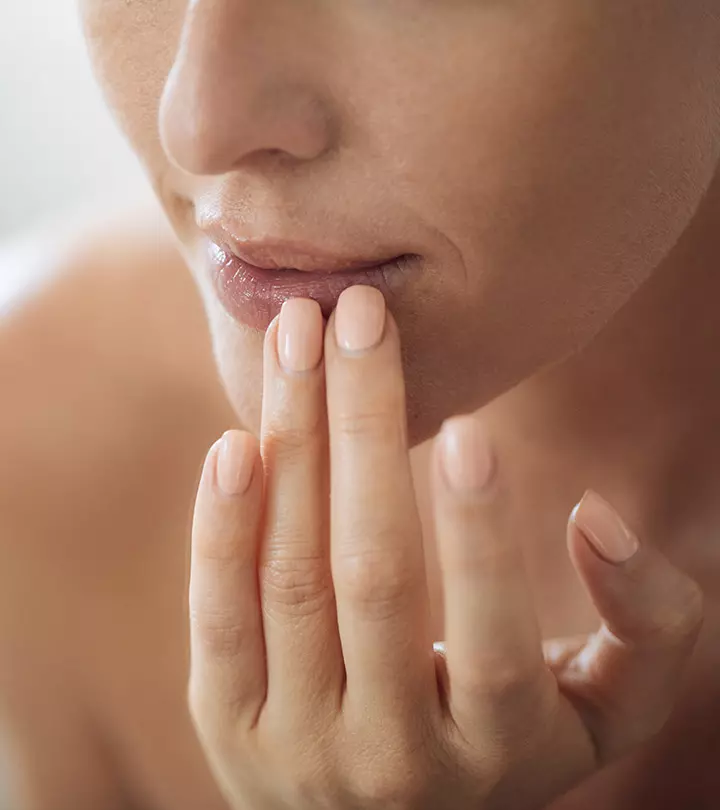

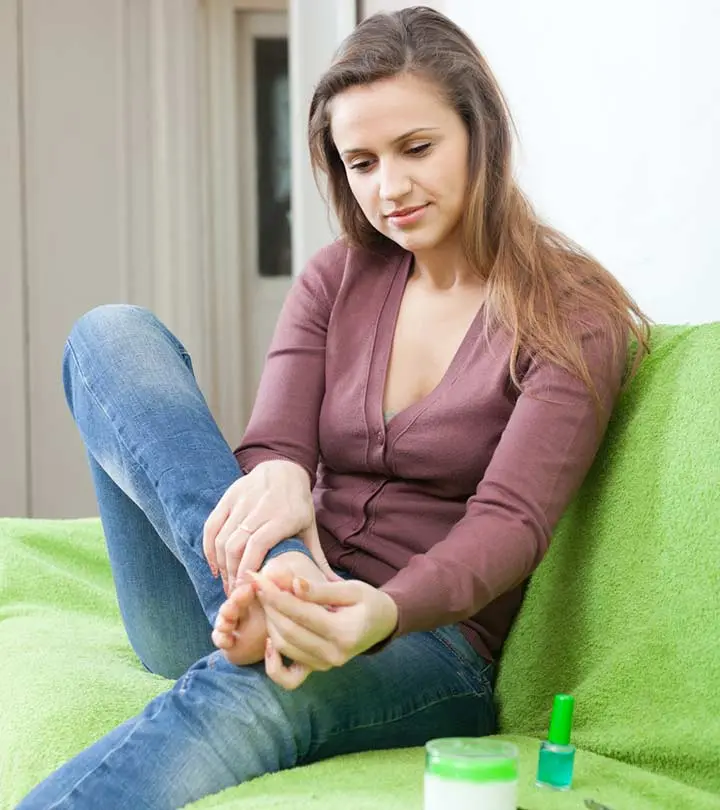


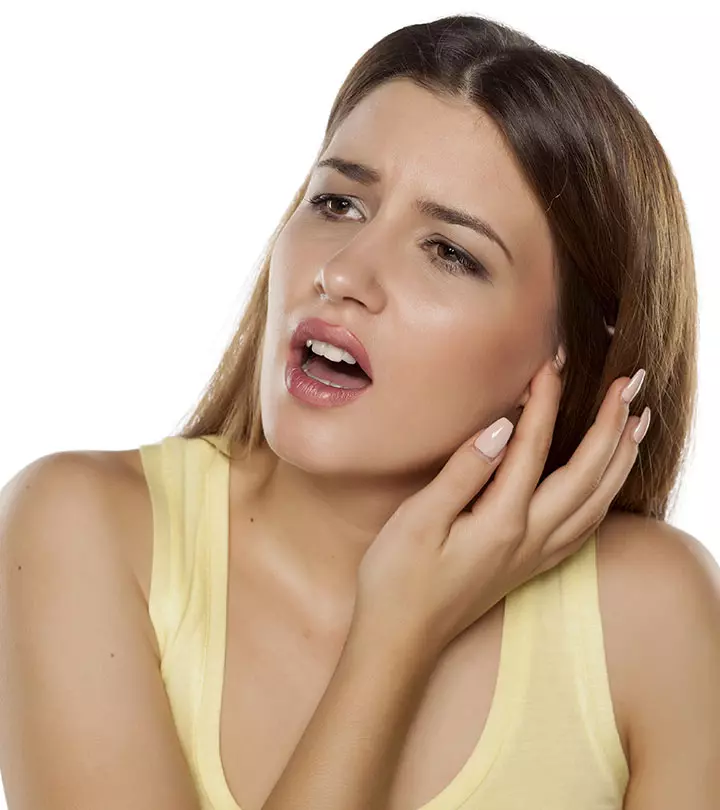
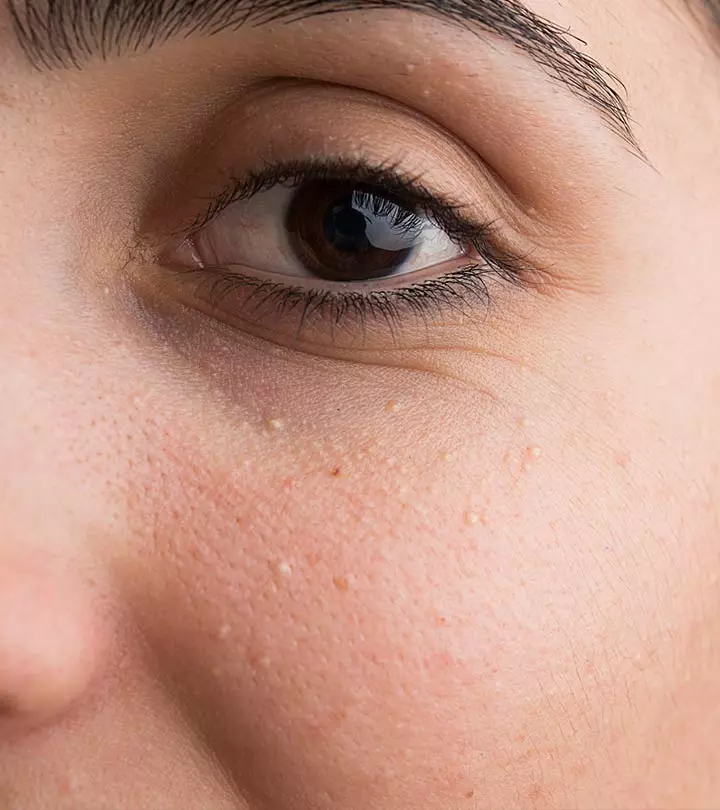

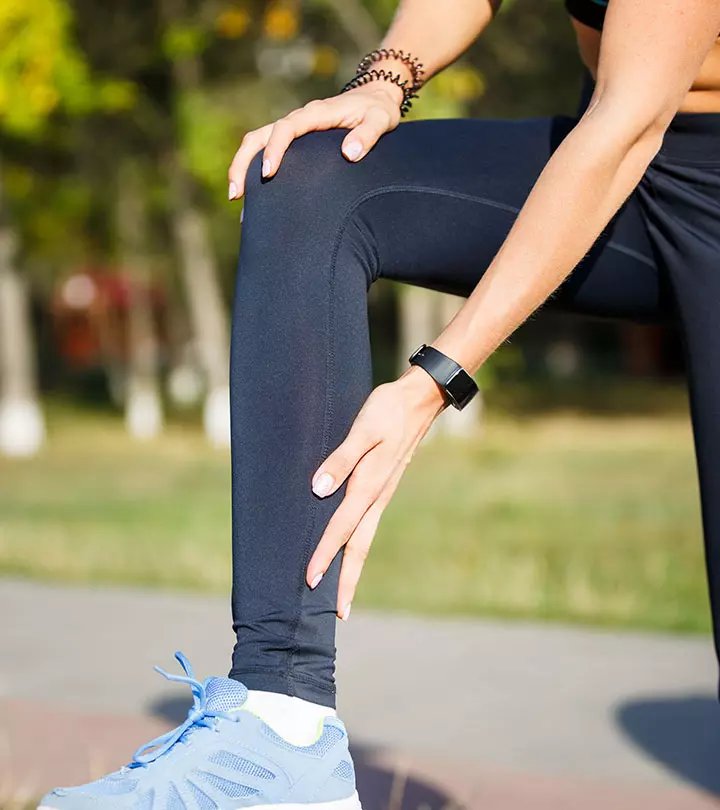

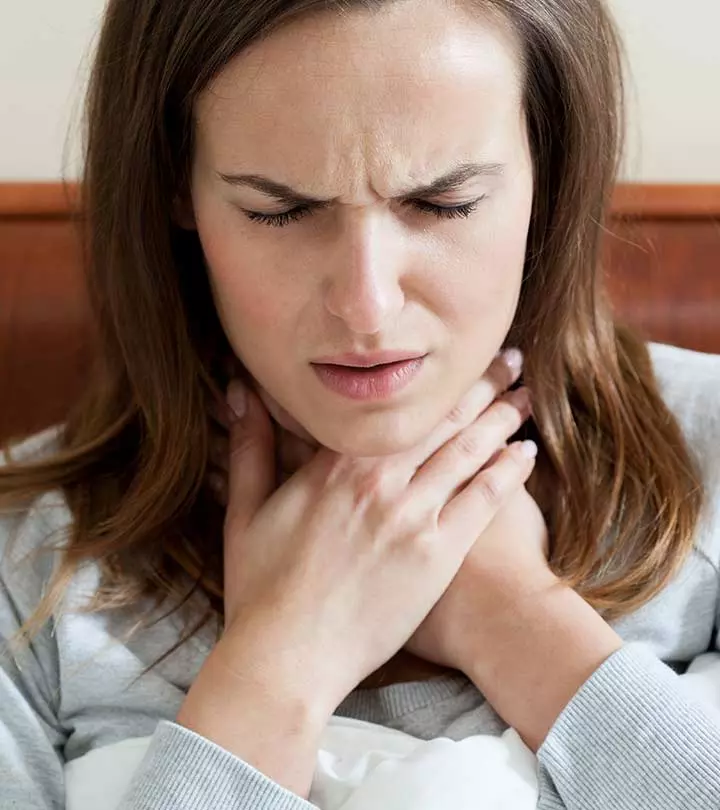
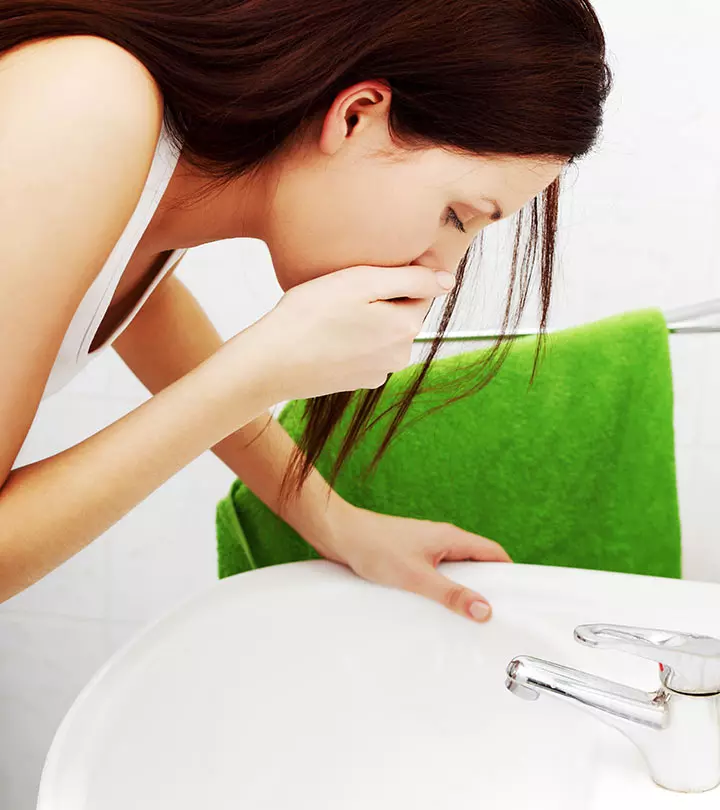
Community Experiences
Join the conversation and become a part of our empowering community! Share your stories, experiences, and insights to connect with other beauty, lifestyle, and health enthusiasts.